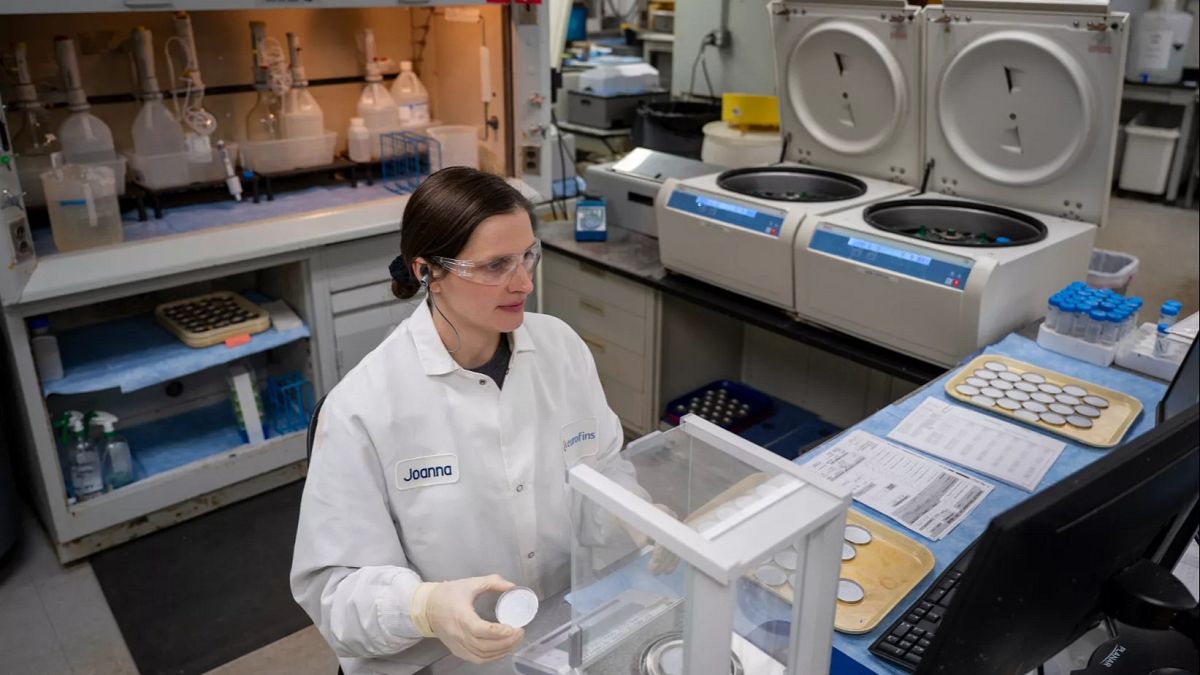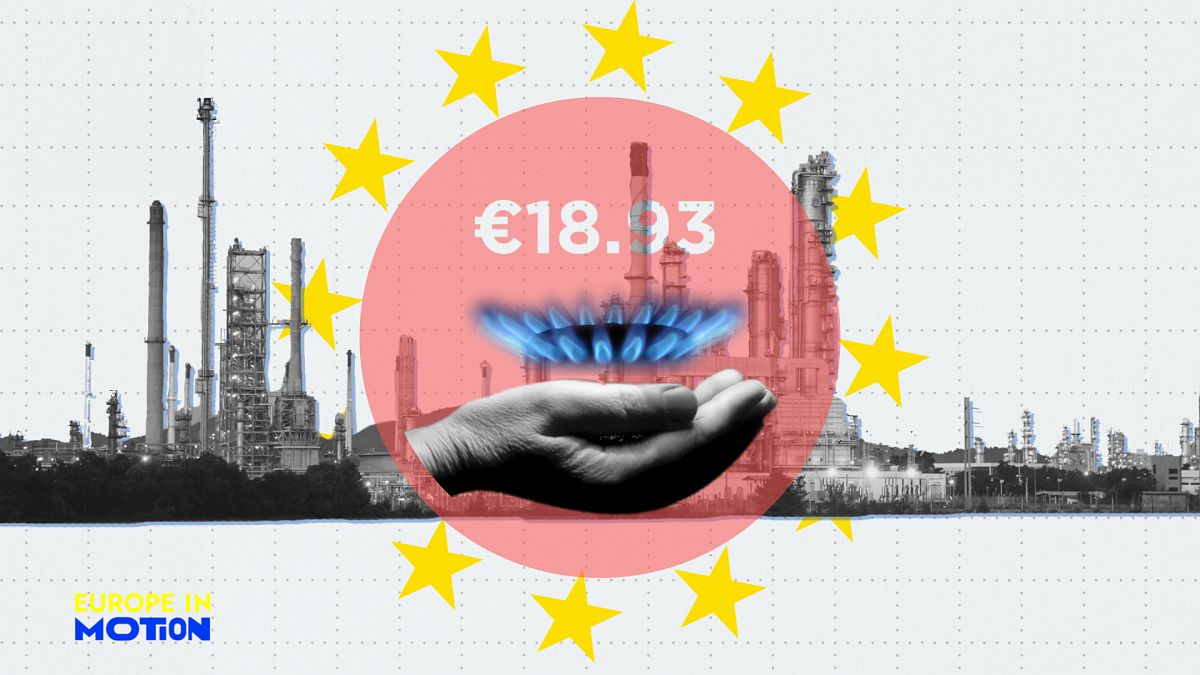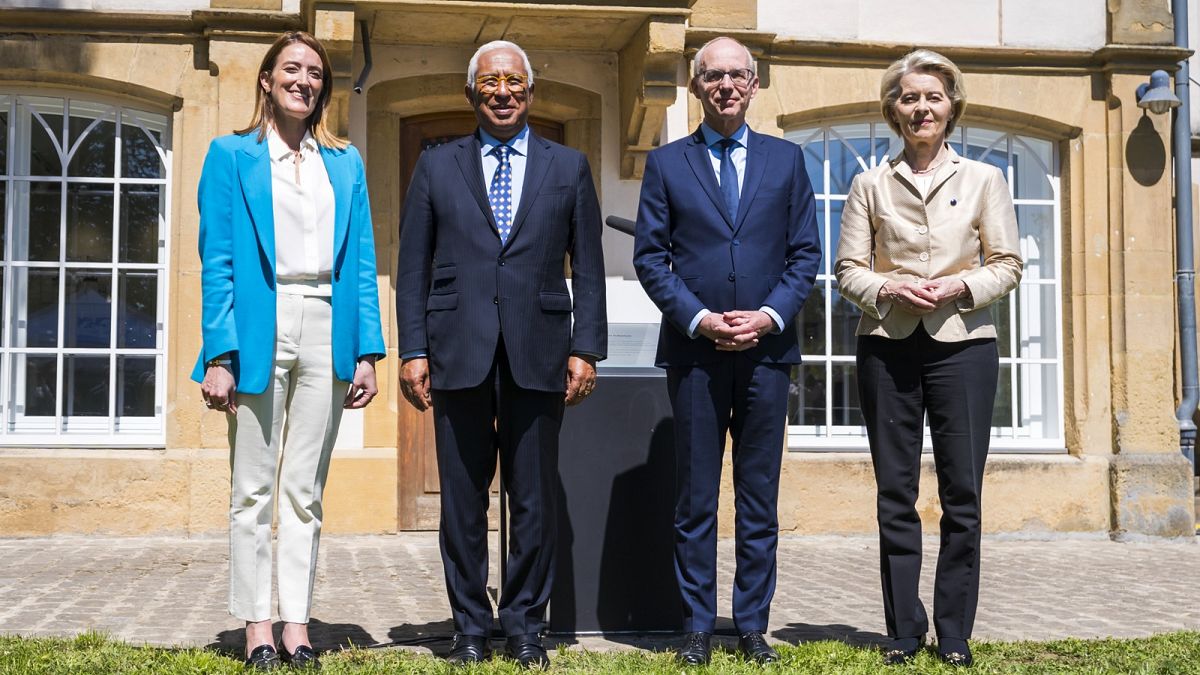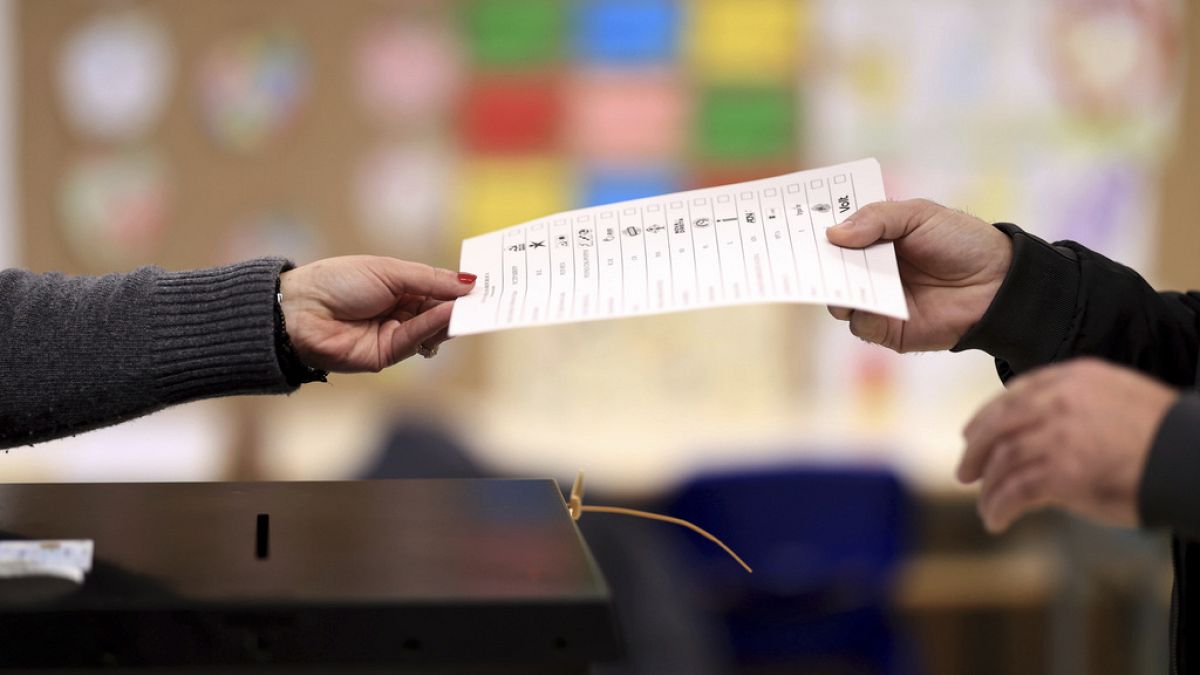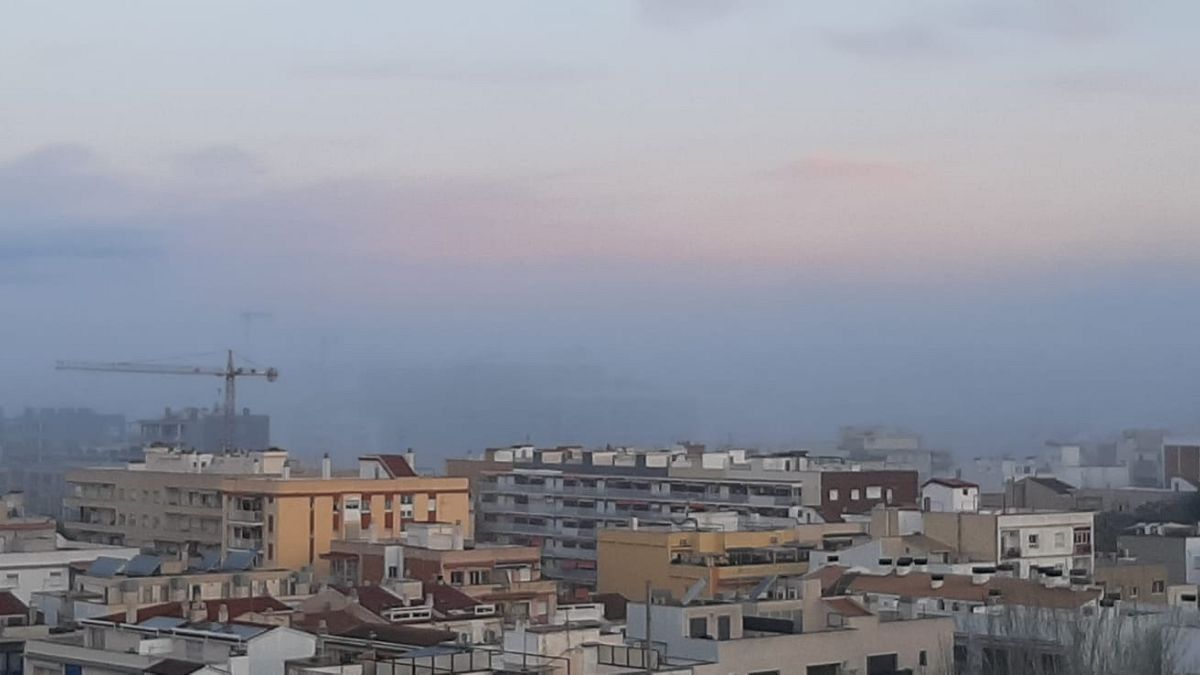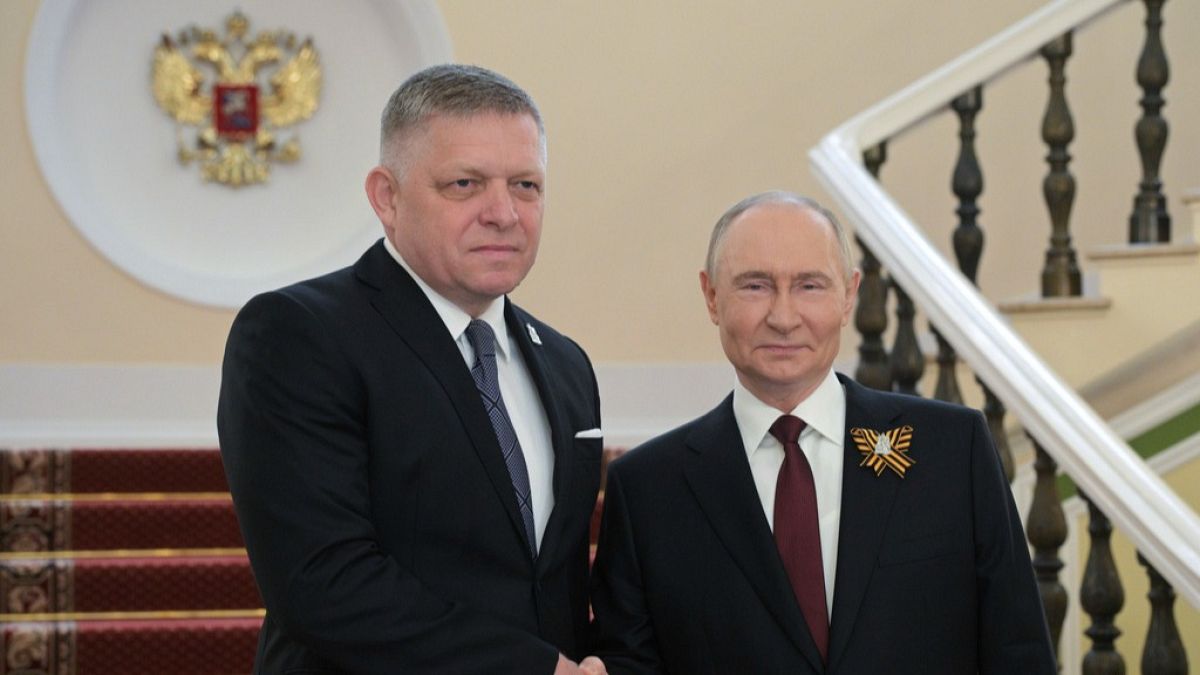“Europe must become a refuge,” French President Emmanuel Macron said last week, as he pledged to invest an “additional” €100 million to help his country attract foreign scientists — in particular from the US.
The “Choose France for Science” scheme came in response to the Trump administration’s slashing of research funding in the US.
But despite Macron’s big and bold invitation to American scientists, French scientists and researchers more generally say they themselves are being worn down by government cuts.
In a joint statement issued last Monday, a collection of education institutions and research unions claimed Macron’s policies since 2017 had “considerably weakened higher education and research in France”.
In February, the government slashed the 2025 budget for higher education and research by €1 billion, and a further €493 million in cuts was announced in April. This has had a direct knock-on effect on the work and working conditions of researchers across a range of fields.
“70% of university buildings in France are in a state of disrepair, while researchers in France are working on extremely tight budgets and the majority of institutions are in the red,” Virginie Saint-James, Secretary General of Sup’ Recherche UNSA, a union for academic researchers, told Euronews.
“We are very keen to welcome individuals who have been labelled “scientific refugees”, but that does not mean the situation is perfect here,” she added.
Demanding higher salaries
France’s Aix-Marseille University has unlocked its own funds to welcome top-level researchers, with the institution announcing a €15 million programme to host US scientists over the next three years.
Under the scheme, a select number of scientists are to be paid a salary of €250,000 each per year, with a €500,000 to €600,000 budget to complete their research.
Saint-James told Euronews that the contrast with what domestic researchers are facing is stark.
“These announcements are very surprising and bear no resemblance to what researchers earn in France, when you think that the average gross salary of a teacher-researcher in France is €63,000 per year,” she said.
“There are huge double standards. Some researchers in France have to cancel train tickets for thesis juries because their lab doesn’t have any money.”
Others are concerned that Macron and Europe are focused on welcoming scientists, but not valuing the importance of work conducted by researchers in other fields.
“The discussion has revolved around attracting researchers from strategic sectors which conceal clear economic motivations”, said Boris Gralak, general secretary of the National Union of Scientific Research.
“The focus has been on getting scientists over those who work in the field of AI and climate change, but in reality the Trump administration’s cuts are occurring across the board in research, also affecting gender studies for example. So why is nobody talking about bringing these professionals over?”
Discouraged young scientists
Meanwhile, a number of young French scientists are growing increasingly disenchanted with the sector because of poor working conditions.
This was the case for 32-year old Elise Bordet, who had always dreamt of pursuing a career in science. She holds a PhD in immunology.
“‘Your salary as a researcher will be pocket money, it’s good that your boyfriend earns a good living’ — that’s what my PhD supervisor said to me,” recalled Bordet on LinkedIn recently.
The struggles of finding work led Bordet to leave science altogether and set up her own business.
She told Euronews that many other young scientists feel the same.
“On average you are expected to accept short-term research contracts for around 10 years before landing a full-time contract,” she explained. “In my field of research, I would be aiming to be paid €1,800 per month after a decade of work.”
On top of this, Bordet remains sceptical that conditions in French laboratories can really live up to what many US scientists are used to.
“France is behind on the US, in many labs we use complicated and lengthy old-fashioned techniques to cut down on costs and are still working on very old software in many places,” she said.



